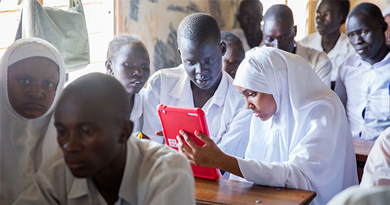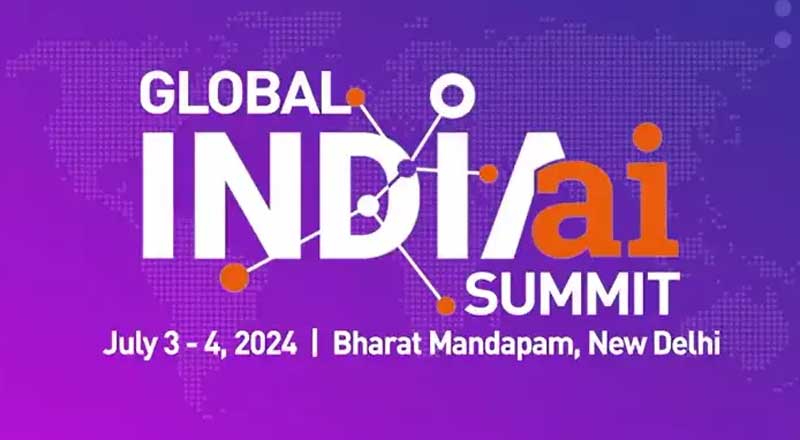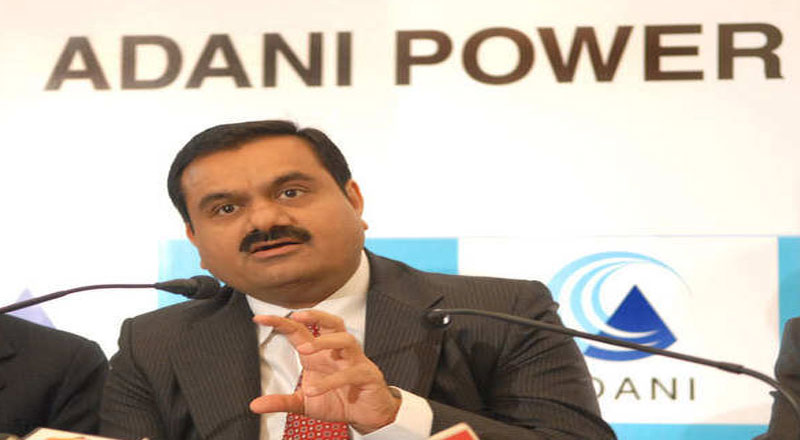Vodafone Foundation has announced that its ongoing education programmes in sub-Saharan Africa will expand to benefit more than five million children who are marginalised and excluded from traditional education. This announcement comes ahead of the World Refugee Day on June 20th.
Vodafone’s charitable arm is launching ‘Instant Schools For Africa’ across the Democratic Republic of Congo, Ghana, Lesotho, Mozambique and Tanzania to provide free access to quality online educational materials. Children, young people and educators will benefit from free and unlimited access to the Instant Schools for Africa online learning materials with zero mobile data charges in order to encourage widespread access to and use of the curricula on offer. The content will also be made available offline to support pupils and educators without access to the internet. A similar Vodafone Foundation initiative in South Africa – Vodacom e-School – is already benefiting 215,000 children.
The announcement comes as the Vodafone Foundation has published its Connected Education report, which found that the online educational resources made available through the Instant Schools For Africa programme could benefit more than 50 million children across Africa, India and Egypt by 2025, as the Vodafone Foundation increases its focus on these activities.
Currently, the Vodafone Foundation is working with the United Nations High Commissioner for Refugees (UNHCR) to deliver classroom teaching through the Instant Network Schools programme, which uses specially-designed online educational resources and tablets to bring primary and high school education to children in refugee camps.
The Vodafone Foundation has a target to reach three million young refugees with the Instant Network Schools programme by 2025. It is estimated that the programme – already benefitting more than 43,000 young refugees each month – has the potential to improve the living conditions of 80 per cent of young refugees.





